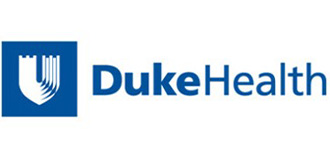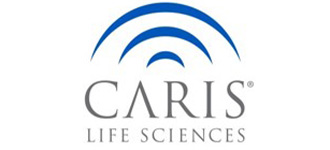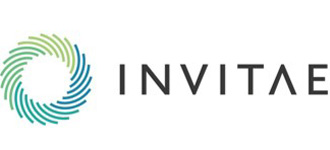Comprehensive
cancer support for longer, healthier lives.
Cancer is a complex genetic disease. Unfortunately, navigating cancer care can be just as complex, leaving many feeling confused, isolated and unsure that they are getting access to the best treatments available for their specific cancers.
Cancer Guardian is a comprehensive support program that leverages genomics and technology to address real-world challenges while managing cancer. It is the first-of-its-kind program that solves the problem of awareness, affordability and access to services than can help improve prevention and outcomes.

Developed by Wamberg Genomic Advisors (WGA), Cancer Guardian is a first-of-its-kind benefit program designed to provide affordable access to comprehensive DNA testing and cancer support services that have typically been limited to those with financial means and connections to experts at genomic testing institutions. It is WGA’s vision that actionable genomic solutions will be available to everyone, everywhere, to reduce the burden of disease.

Cancer Guardian is not an insurance plan or a provider of medical care. Instead, Cancer Guardian provides support to patients in accessing resources, technologies and services that are not readily available through standard coverage channels. There are no deductibles, no co-pays, no denials, no waiting, and no additional out-of-pocket expense.

Services provided by Cancer Guardian have been specifically curated from the nation’s top cancer institutions and CLIA certified clinical laboratories. These partnerships are closely maintained to ensure exceptional, personalized support for Cancer Guardian members.



1. Lifetime Risk of Developing or Dying from Cancer Basic Facts. American Cancer Society, 2019.
2. Wamberg Genomic Advisors, Cancer Survey of 204 cancer patients and nonprofessional advocates. Survey Sampling International (SSI), 2018.
3. Unger, Joseph M., et al. Systematic Review and Meta-Analysis of the Magnitude of Structural, Clinical and Physician and Patient Barriers to Cancer Clinical Trial Participation. JNCI J NATL Cancer Institute, 2019.
4. Family Reach. Annual Report 2016. Family Reach Foundation https://familyreachorg/wp-content/uploads/
2017/05/ frf_2016_annual_report_compressedpdf Accessed July 30, 2017.
5. CancerCare. Cancer Care Patient Access and Engagement Report. New York: CancerCare. 2016.
6. Manchanda, Ranjit, et al. Population based germline testing for primary cancer prevention. Oncotarget, 2018, Vol. 9 (No. 69), pp: 33062-33063
7. Waszak, Przemyslaw M. et al. The Spread of Medical Fake News in Social Media. Health Policy & Technology Review, Elsevier, 2018.
8. Stephen S. Raab, Dana M. Grzybicki, CA Cancer J. Clin. 2010 May-Jun,60(3): 139-65
9. Raab, Stephen S. MD, et al. Quality in Cancer Diagnosis. Cancer J. Clinical 2010
10. J. Unger, et al., Systematic Review and Meta-Analysis of the Magnitude of Structural, Clinical and Physician Barriers to Cancer Clinical Trial Participation, JNCI J Natl Cancer Inst 2019
11. The State of Cancer Care in America, 2014: A report by the American Society of Clinical Oncology. Journal of Oncology Practice, 2014; 10(2):120-122
12. Sun Life Stop-Loss Report, 2019. https://sunlife.showpad.com/share/
7SzmNmJJs1a6msorM0DZA
14. Measuring Health-Related Productivity Loss. https://ww.liebertpubl.com/doi/pdf/10.3322/caac.20068.
16. Wamberg Genomic Advisors Cancer Survey of 204 cancer patients and nonprofessional advocates fielded by Survey Sampling International (SSI), 2018. Available at: https://www.managedhealthcareexecutive.com/leukemia-and-lymphoma/
most-troubling-part-cancer-treatment-patients